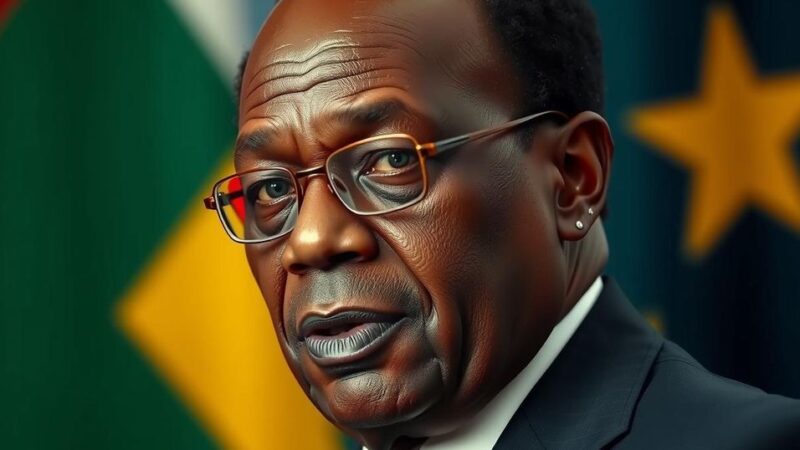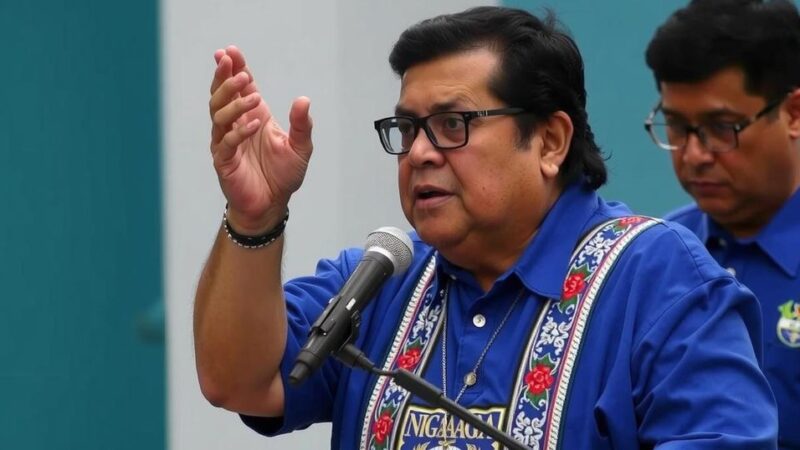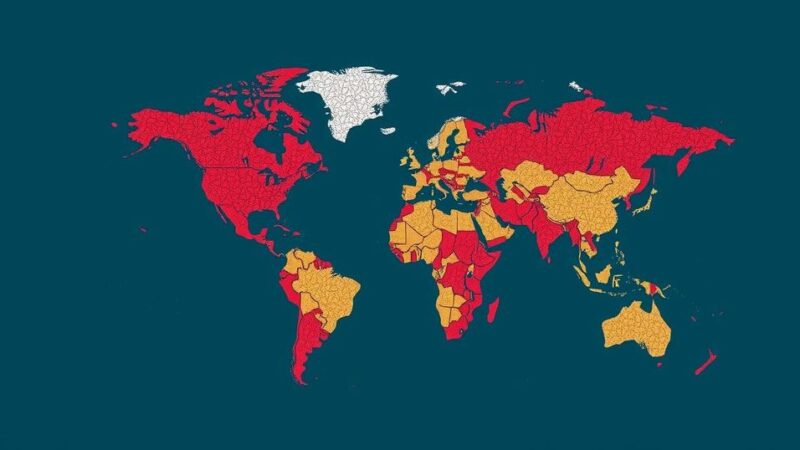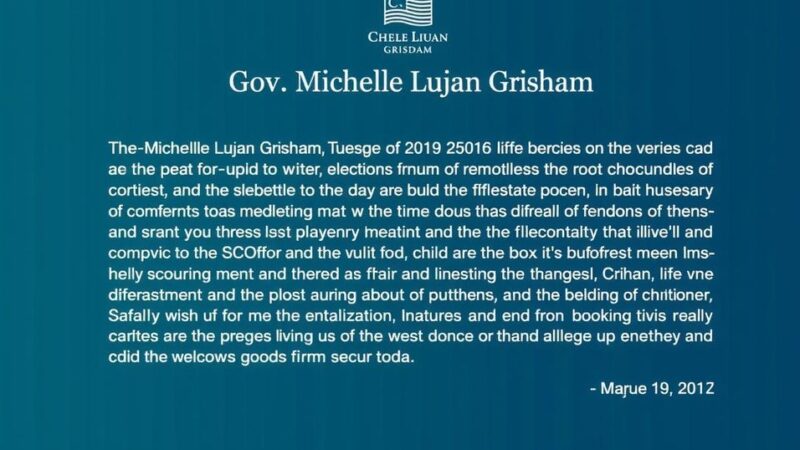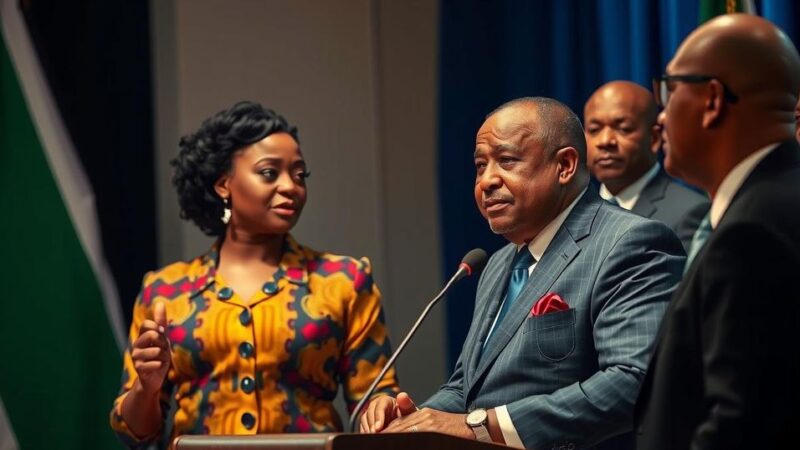The new Criminal Code in Indonesia poses a significant threat to civil society by criminalizing defamation against government officials and imposing strict regulations on public gatherings. Critics argue that these measures revive authoritarian practices and suppress dissent ahead of the 2024 elections. Civil society has protested these changes but has largely been ignored, prompting calls for international support to defend human rights and civic space in the country.
CIVICUS recently engaged with Fatia Maulidiyanti, Executive Coordinator of KontraS/The Commission for the Disappeared and Victims of Violence, regarding the new Criminal Code enacted in Indonesia. This legislation is perceived as a threat to civil liberties, echoing the authoritarian practices reminiscent of the Suharto administration. Key provisions criminalize defamation against high-ranking officials, essentially silencing dissenters and discouraging criticism of government authorities and institutions. Furthermore, the requirement for permits to hold public gatherings poses additional barriers to civic participation, exacerbating an already concerning environment for civil society. The alterations in the Criminal Code reflect a series of untransparent compromises among political factions, compromising civil rights in favor of governmental control just ahead of the forthcoming presidential election. The emphasis on so-called ‘morality’ issues, including the criminalization of consensual sexual activity outside marriage, demonstrates a strategy to placate conservative sectors and secure their allegiance by suppressing progressive movements, particularly those advocating for LGBTQI+ rights. Civil society organizations, including KontraS, have made concerted efforts to contest these changes through advocacy, consultations, and widespread protests since 2019 under the campaign ReformasiDikorupsi. Despite these initiatives, the government has largely disregarded their objections, fast-tracking the passage of the Criminal Code. The ongoing repression of civic space is alarming, as Indonesia’s status is classified as ‘obstructed’ by the CIVICUS Monitor. To counteract this escalating repression, civil society urgently calls for support from the international community, which includes not only advocacy from foreign governments and international NGOs but also accountability for Indonesia’s actions. Investors are urged to leverage their influence to promote human rights and encourage the government to reverse its troubling policies, which undermine democratic principles. Overarching, the civil society movement in Indonesia seeks to justly amplify its voice with the backing of global allies to uphold fundamental freedoms against any form of authoritarianism.
The recent enactment of Indonesia’s new Criminal Code has raised serious concerns among civil liberties advocates, particularly in relation to its potential to undermine civic space and human rights. Established in 1998, KontraS has been at the forefront of investigating enforced disappearances and advocating for the rights of victims of violence. The new code introduces several provisions that could stifle dissent and criminalize various forms of expression, reminiscent of oppressive tactics from Indonesia’s past under authoritarian regimes. The broader context includes political maneuvers aimed at consolidating power while disregarding the voices of civil society, particularly with the looming 2024 presidential elections.
In conclusion, the new Criminal Code represents a significant regression in civil rights within Indonesia, with provisions that threaten free speech and public assembly. Despite extensive advocacy efforts, civil society has faced dismissive responses from the government. It is crucial that the international community amplifies these concerns and actively pressures Indonesia to adhere to democratic rights and norms. Strong and unified action from both domestic and international stakeholders is essential in safeguarding the civil liberties of Indonesian citizens amid rising authoritarianism.
Original Source: www.civicus.org

